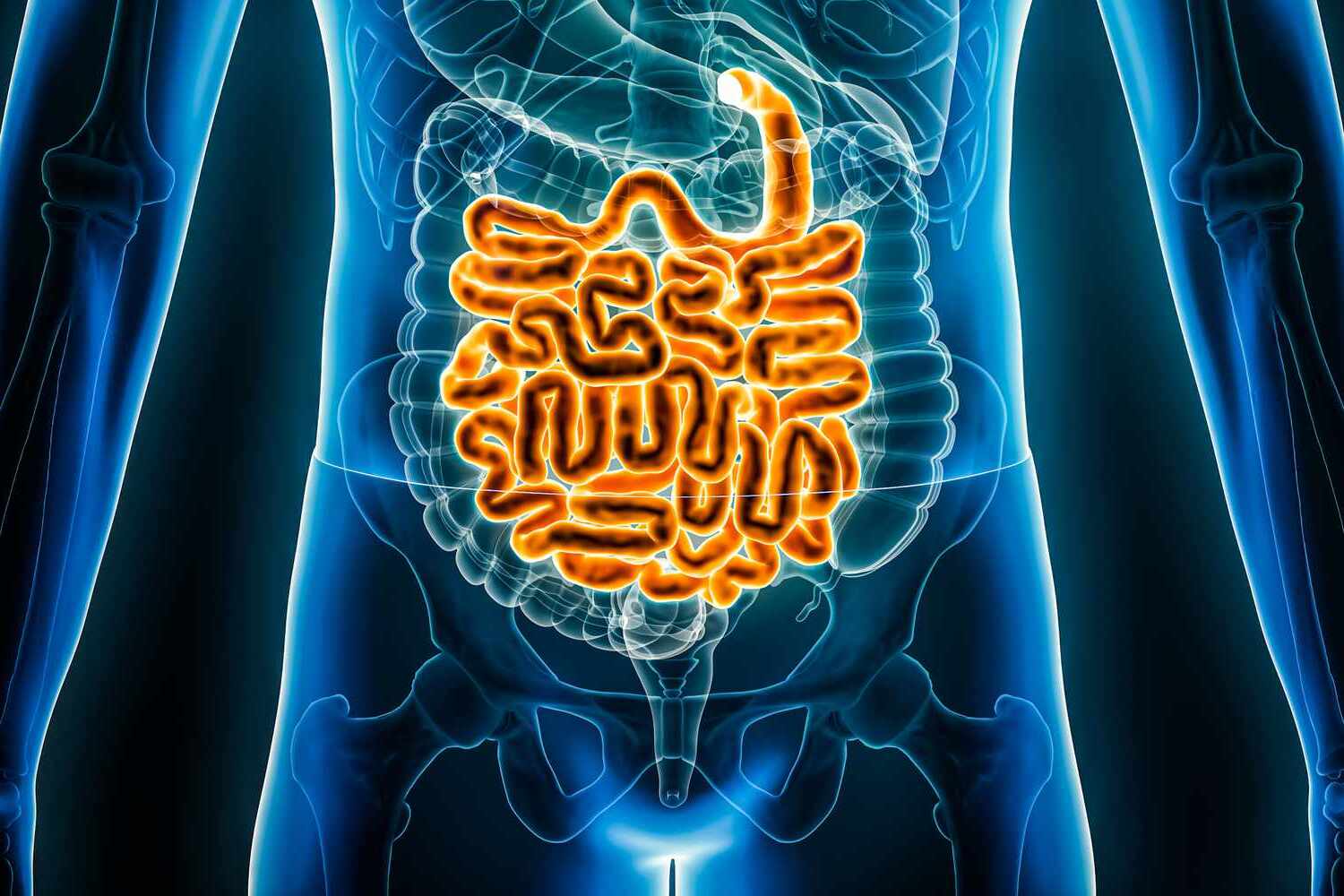
Congenital Short Bowel Syndrome (CSBS) is a rare condition where a baby is born with an unusually short small intestine. This can lead to serious problems with absorbing nutrients, causing growth and development issues. What causes Congenital Short Bowel Syndrome? The exact cause isn't always clear, but it often results from developmental issues during pregnancy. Sometimes, parts of the intestine don't form properly or are missing entirely. Babies with CSBS may need special medical care, including nutrition support and sometimes surgery. Understanding this condition is crucial for parents and caregivers to provide the best possible care.
Key Takeaways:
- Congenital Short Bowel Syndrome is a rare condition where babies are born with a very short small intestine, causing problems with absorbing nutrients. Early detection and treatment are crucial for managing the condition.
- Treatment for CSBS involves a combination of medical and surgical approaches, including specialized diets, physical therapy, and regular follow-ups with a gastroenterologist. Ongoing research aims to improve the quality of life for CSBS patients.
What is Congenital Short Bowel Syndrome?
Congenital Short Bowel Syndrome (CSBS) is a rare condition where a baby is born with an unusually short small intestine. This can lead to problems with absorbing nutrients and fluids. Let's dive into some fascinating facts about this condition.
-
CSBS is extremely rare, affecting about 1 in 100,000 live births.
-
The small intestine in CSBS patients is often less than half the normal length.
-
Symptoms usually appear within the first few days of life, including severe diarrhea and poor weight gain.
-
CSBS can be diagnosed prenatally through ultrasound, though it's often confirmed after birth.
-
The exact cause of CSBS is unknown, but genetic factors may play a role.
Symptoms and Diagnosis
Understanding the symptoms and how CSBS is diagnosed can help in managing the condition better. Early detection is crucial for effective treatment.
-
Babies with CSBS often have a distended abdomen due to fluid buildup.
-
Vomiting and dehydration are common symptoms that require immediate medical attention.
-
Blood tests can reveal electrolyte imbalances, a key indicator of CSBS.
-
Imaging studies like X-rays and ultrasounds help in assessing the length of the small intestine.
-
A biopsy of the intestinal tissue may be performed to rule out other conditions.
Treatment Options
Treating CSBS involves a combination of medical and surgical approaches. The goal is to improve nutrient absorption and overall health.
-
Total Parenteral Nutrition (TPN) is often used to provide essential nutrients directly into the bloodstream.
-
Oral rehydration solutions can help manage dehydration and electrolyte imbalances.
-
Medications like proton pump inhibitors may be prescribed to reduce stomach acid.
-
Surgical options include bowel lengthening procedures to increase the surface area for nutrient absorption.
-
Intestinal transplantation may be considered in severe cases where other treatments fail.
Long-term Management
Living with CSBS requires ongoing medical care and lifestyle adjustments. Here are some facts about long-term management.
-
Regular follow-ups with a gastroenterologist are essential for monitoring growth and development.
-
Nutritional support, including specialized diets, plays a crucial role in managing CSBS.
-
Physical therapy can help improve muscle strength and overall mobility.
-
Psychological support is important for both the patient and their family to cope with the challenges of CSBS.
-
Advances in medical research are continually improving the quality of life for CSBS patients.
Complications and Prognosis
CSBS can lead to various complications, but early intervention can improve the prognosis. Here are some key points to consider.
-
Liver disease is a common complication due to prolonged use of TPN.
-
Bacterial overgrowth in the small intestine can lead to infections and further nutrient malabsorption.
-
Growth delays and developmental issues are often seen in children with CSBS.
-
With proper medical care, many children with CSBS can lead relatively normal lives.
-
Ongoing research aims to find better treatments and ultimately a cure for CSBS.
Final Thoughts on Congenital Short Bowel Syndrome
Congenital Short Bowel Syndrome (CSBS) is a rare but serious condition that affects the intestines. It can lead to significant health challenges, including nutrient absorption issues and frequent hospital visits. Early diagnosis and treatment are crucial for managing symptoms and improving quality of life. Advances in medical research offer hope for better treatments and outcomes. Families dealing with CSBS should seek support from healthcare professionals and connect with communities facing similar challenges. Understanding the condition, staying informed about new treatments, and maintaining a positive outlook can make a big difference. Remember, while CSBS presents unique hurdles, many individuals lead fulfilling lives with the right care and support. Stay proactive, stay informed, and never hesitate to reach out for help when needed.
Frequently Asked Questions
Was this page helpful?
Our commitment to delivering trustworthy and engaging content is at the heart of what we do. Each fact on our site is contributed by real users like you, bringing a wealth of diverse insights and information. To ensure the highest standards of accuracy and reliability, our dedicated editors meticulously review each submission. This process guarantees that the facts we share are not only fascinating but also credible. Trust in our commitment to quality and authenticity as you explore and learn with us.
